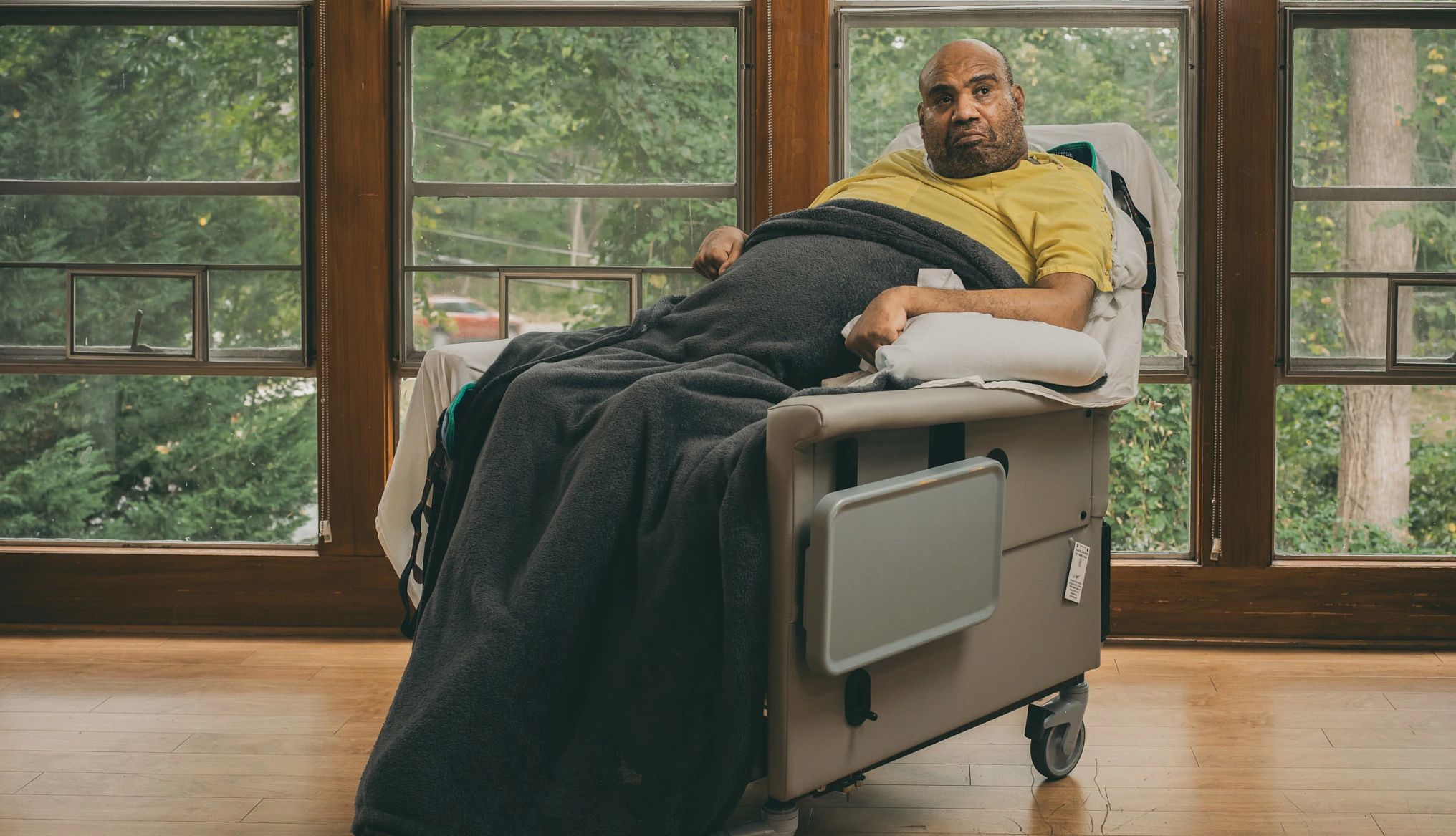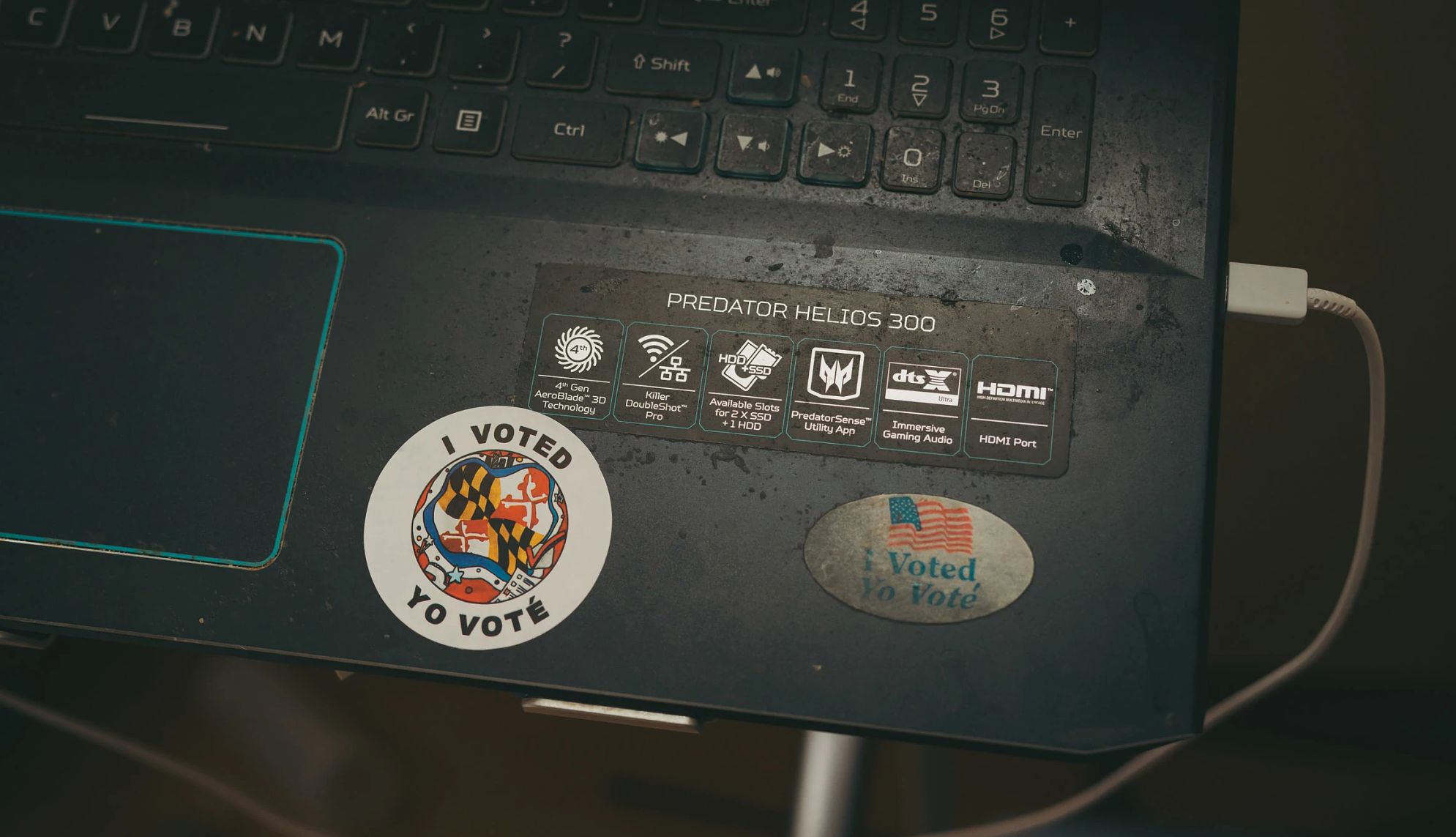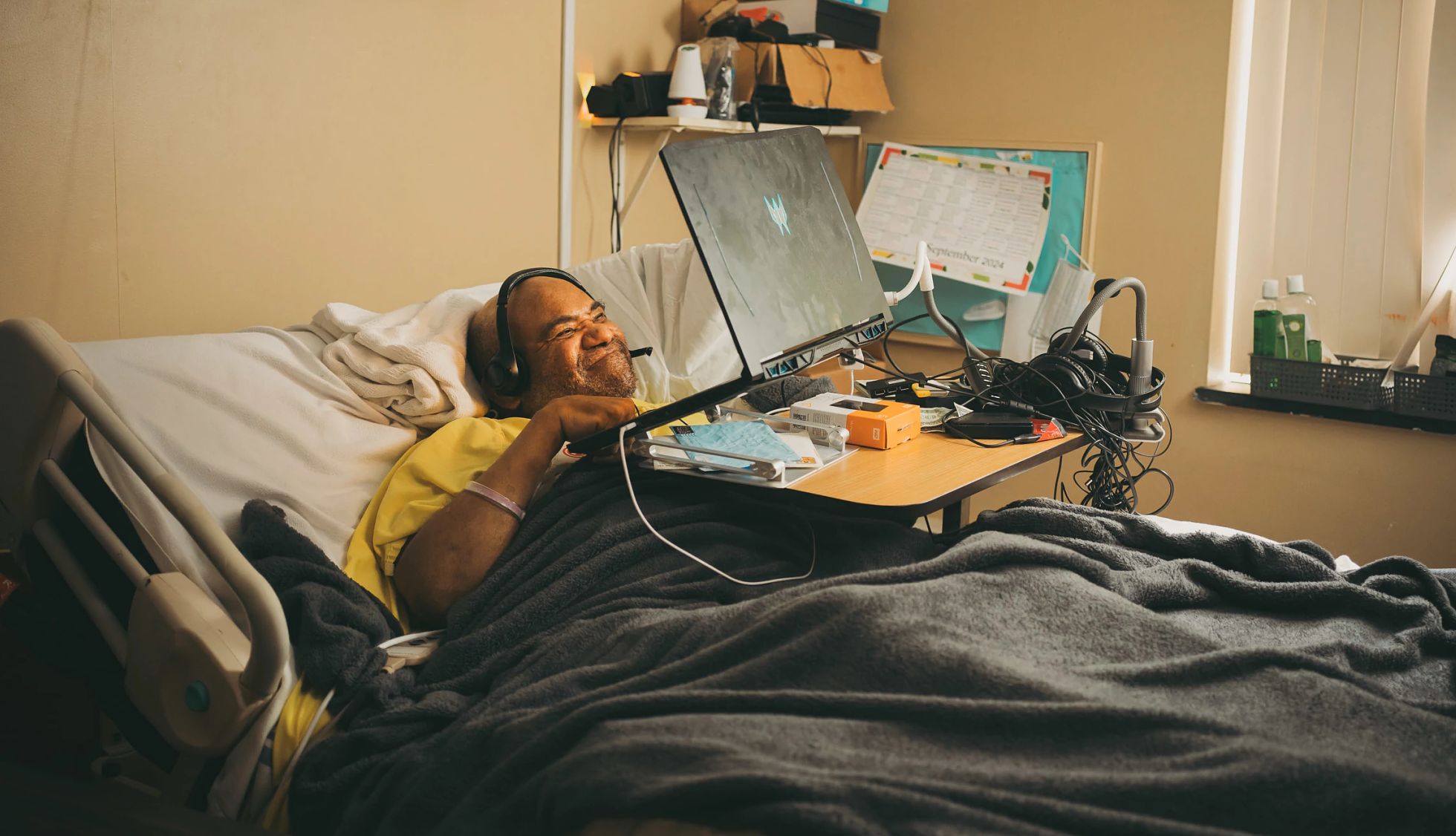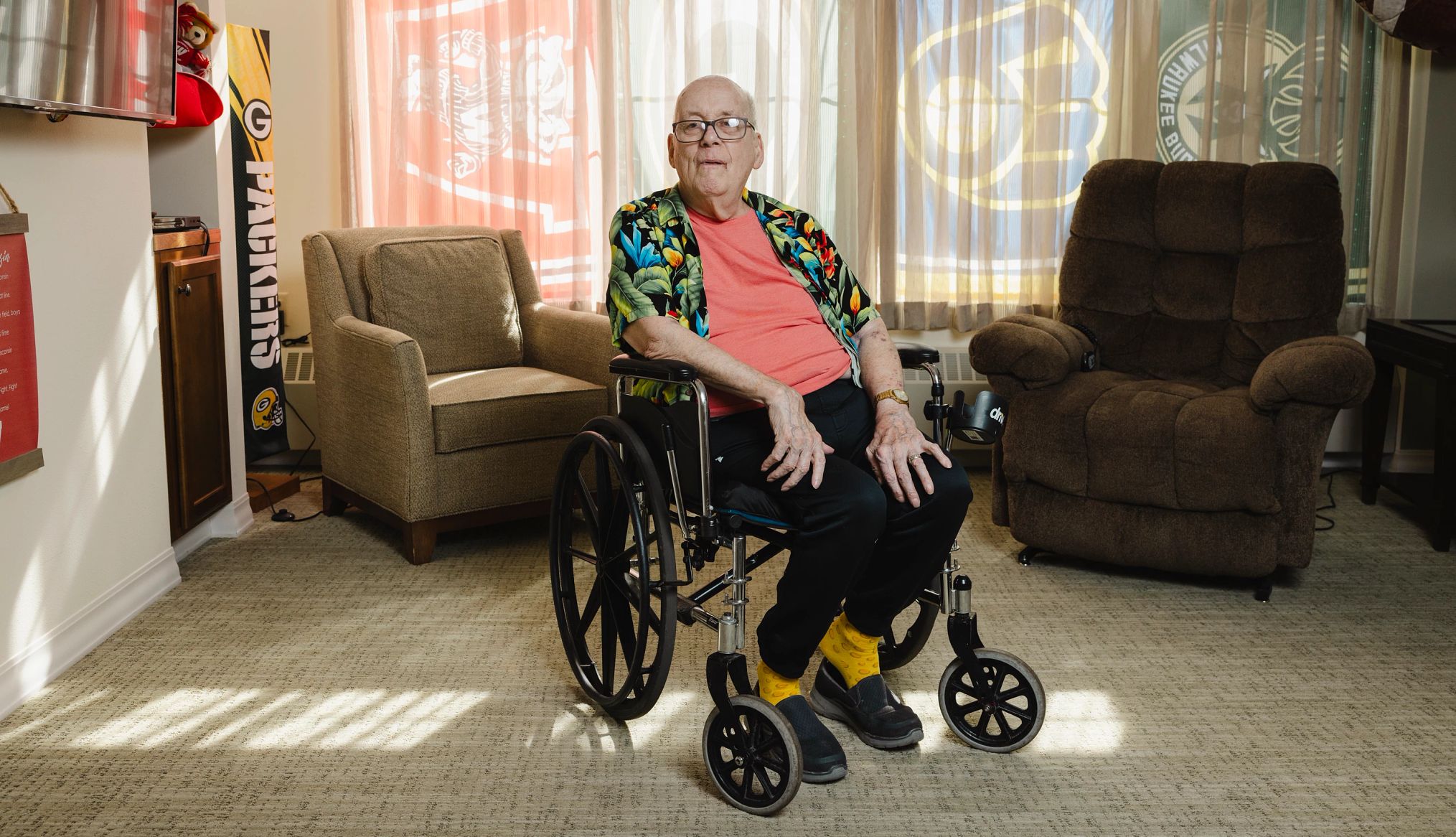AARP Hearing Center


Six weeks before the 2022 primaries, Maurice Miller hadn’t received his mail-in ballot from administrators at his Maryland nursing home. Each time he asked if they’d submitted a ballot application for him, he says he was told not to worry — there was a pandemic-related extension.
By the time the retired journalist and IT administrator realized the ballot wasn’t coming and there was no extension, the only voting option was to get to the polls on Election Day. Miller, now 61, who is a functional quadriplegic with some use of his arms, was told to arrange his own transportation.
After contacting several Maryland agencies, Miller made it to the polls and voted, but then spent the night in the hospital for observation after his wheelchair tipped over inside the van that transported him.
“Totally worth it,” says Miller, who believes voting is his civic duty.
Miller is one of 1.2 million nursing home residents and about 818,800 assisted living residents who have the right to vote, but may find that it’s a struggle to cast a ballot. Some states have strategies in place that make it easy to vote from these facilities, but others provide few accommodations. With this year’s presidential election — plus competitive state and local elections — predicted to be decided on the thinnest of margins, those votes could sway outcomes.
“We've heard from residents who have great success, and voting goes on seamlessly at their facilities,” says Jocelyn Bogdan, senior program and policy specialist at the National Consumer Voice for Quality Long-Term Care, an advocacy group. “And then we’ve heard stories of residents who really have to fight and have to be able to push for that right to vote, and not every resident has the ability to do that.”
It’s an under-the-radar issue that often leaves frail nursing home residents struggling to advocate for themselves, especially on an election deadline.
Federal law safeguards the rights of nursing home residents to vote, but some have questioned whether they should. Such residents have just as much of a right to cast a ballot as those living elsewhere, says Richard Mollot, executive director of Long Term Care Community Coalition.
“Just because we walk into a nursing home or assisted living doesn’t mean that we give up our rights as residents and citizens of this country,” Mollot says. Nursing home residents might need help with daily activities, “but that doesn’t mean you’re not able to make thoughtful decisions about everything from your own personal life … but also about who is responsible in our greater society.”


Voting differs from state to state
The way residents vote in the country’s estimated 15,000 nursing homes and 30,000 assisted living facilities varies widely by state. By law, Medicare- and Medicaid-certified facilities are required to help residents of nursing homes who want to exercise that right.
“People as they age should have the same ability to cast their ballots as everyone else in the country,” says Khelan Bhatia, AARP’s director of voter engagement. “Ensuring that nursing home residents have a voice in our electoral system is important.”
Many residents of nursing homes rely on absentee ballots for voting and some states make that process easier for them, waiving notarization requirements or allowing friends or relatives to pick up and return absentee ballots—a lifeline for residents who can’t get to the polls.
In Rhode Island, for example, residents of nursing homes can ask to have their mail ballot delivered to their facility by a bipartisan pair of election officials who will help fill it out if needed and return that ballot to the state Board of Elections. Oklahoma nursing home residents can apply for a special ballot that doesn’t need notarization and Vermont’s town clerks can offer mobile polling stations inside care facilities.































.jpg?crop=true&anchor=13,195&q=80&color=ffffffff&u=lywnjt&w=2008&h=1154)



































More From AARP
Older Voters Are Focused on the Economy This Election
This powerful voting group has pocketbook issues top of mind8 Things to Know About Election Disinformation and AI
Artificial intelligence spreads, amplifies falsehoodsHow Voting Laws Will Impact 2024 Elections
Some states have tightened their rules since 2020, but others have made it easier to cast a ballotRecommended for You